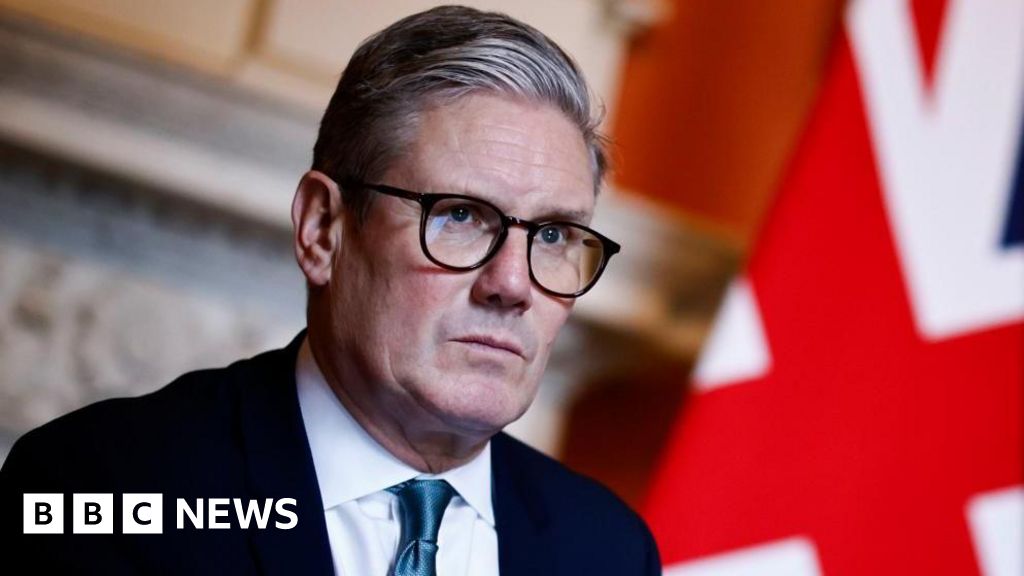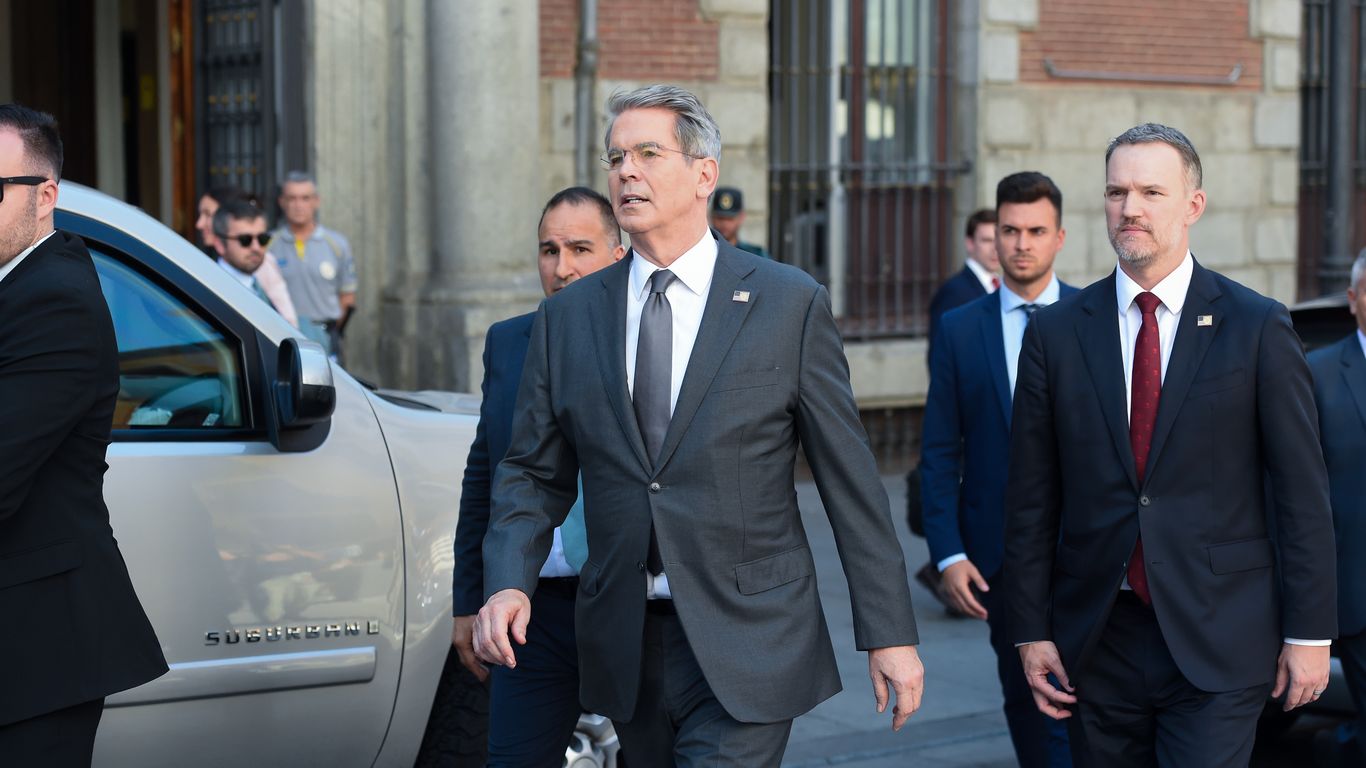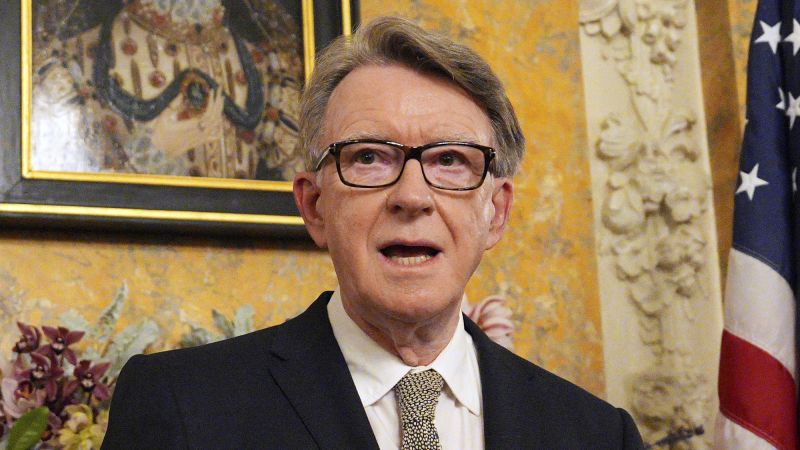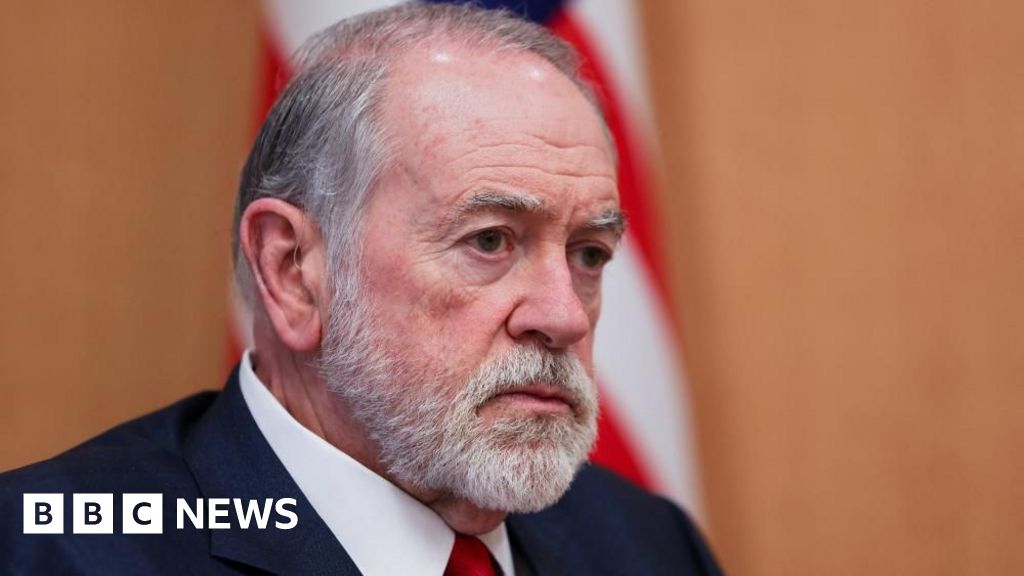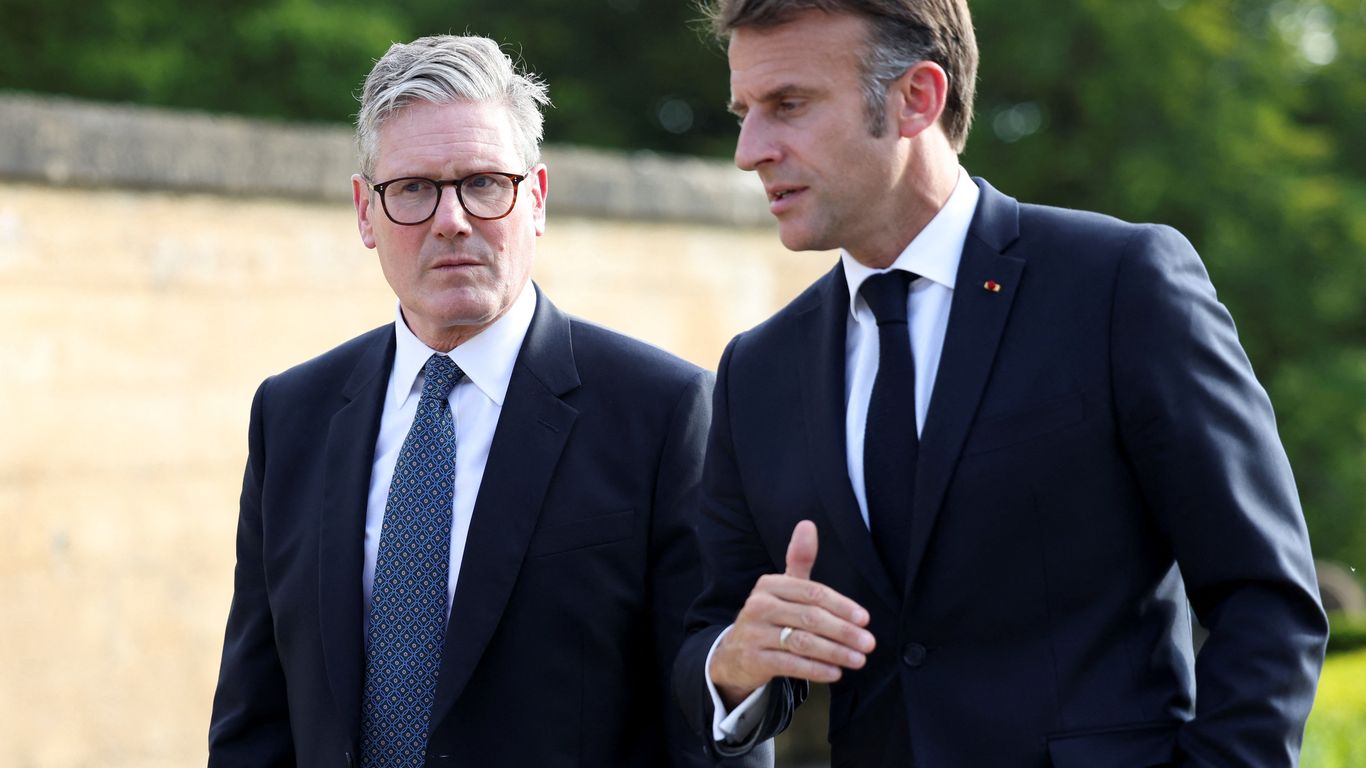Badenoch Demands Clarity as China Spy Case Collapse Rocks UK Politics
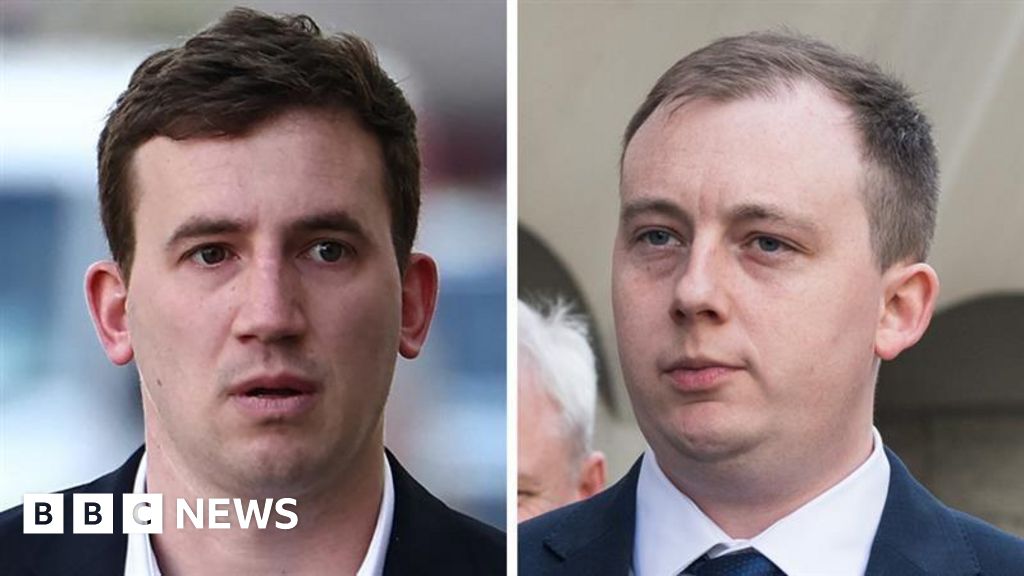
Badenoch Seeks Clarity as China Spy Case Collapses
Kemi Badenoch, the Conservative leader, has called on the Prime Minister to address mounting concerns over the government’s handling of a high-profile China-related espionage case. In a sharply worded letter to Labour leader Keir Starmer, Badenoch highlighted what she described as a shifting official narrative, claiming the government’s explanation for the case’s collapse has “changed repeatedly” and left critical questions unanswered. The case, involving two British men accused of spying for China, was dropped by prosecutors last month after they concluded there was no reasonable prospect of conviction, citing insufficient evidence to define China as an “enemy” under the law—a crucial element for the charges to stand[1].
Political and Security Implications
The abrupt end to the trial has sparked frustration among security officials and political opponents, who argue the episode exposes weaknesses in the UK’s approach to national security and China policy. Critics, including senior Tories and security experts, question whether the case was properly scrutinized before charges were brought, given the government’s longstanding reluctance to designate China as an outright adversary[1]. As pressure grows for transparency, Badenoch’s intervention underscores broader unease about accountability and the government’s readiness to confront complex geopolitical threats, with implications for both domestic politics and international relations.
About the People Mentioned
Keir Starmer
Keir Starmer, born on September 2, 1962, in London, England, is a British politician and barrister. He grew up in Oxted, Surrey, with his father working as a toolmaker and his mother as an NHS nurse. Starmer was the first in his family to attend university, studying law at the University of Leeds and later earning a postgraduate degree from the University of Oxford[2][3]. Before entering politics, Starmer had a distinguished career as a barrister. He qualified in 1987 and was appointed Queen's Counsel (QC) in 2002. Notably, he served as the Director of Public Prosecutions from 2008 to 2013, leading the Crown Prosecution Service[2]. He was knighted in 2014 for his contributions to criminal justice[2]. Starmer was elected as a Member of Parliament for Holborn and St Pancras in 2015. He became the Shadow Minister for Immigration under Jeremy Corbyn but later resigned in protest. He then served as Shadow Secretary of State for Exiting the European Union[5]. In April 2020, he was elected as the leader of the Labour Party, winning with a significant majority in the first round of voting[5]. In July 2024, Starmer became the Prime Minister of the United Kingdom following a landslide Labour victory in the general election, replacing Rishi Sunak[1][4]. As Prime Minister, he is focused on implementing Labour's manifesto, which includes objectives related to the economy, crime, healthcare, education, and climate change[1]. His leadership marks a significant shift in British politics, emphasizing national renewal and change[4]. Starmer is married to Victoria Starmer, an NHS worker, and they have two children[4].
About the Organizations Mentioned
Conservative Party
The **Conservative Party**, particularly in the UK, is a well-established political organization with a rich history and significant influence in British politics. Founded in its current form in the 19th century, it has evolved over time to represent conservative values and policies. ## What the Organization Does - **Voluntary Structure**: The Conservative Party operates with a strong voluntary base, where thousands of members contribute to organizing and campaigning efforts across the UK. These volunteers play a crucial role in local associations, raising funds, and engaging with voters[1][3]. - **Policy and Governance**: The party is involved in shaping policy and governance through its Board, which oversees operational matters such as fundraising, membership, and candidate selection[1]. ## History The Conservative Party has a long history, dating back to the early 19th century. It has been a dominant force in British politics, with notable leaders like Winston Churchill and Margaret Thatcher. ## Key Achievements - **Leadership and Policy Influence**: The party has had significant influence over British policy, particularly in areas like economic management and social reform. - **Historic Leadership**: Under leaders like Thatcher and Churchill, the party has played a pivotal role in shaping British history. ## Current Status Currently, the Conservative Party continues to be a major political force in the UK, with ongoing efforts to shape policy and governance. The party's structure includes various recognized organizations, such as the Conservative Women’s Organisation and the Young Conservatives[3]. ## Notable Aspects - **Recognized Organizations**: The party has several recognized groups that cater to specific demographics, such as women and young people. - **Influence on Governance**: The party's influence extends beyond electoral politics, shaping policy and public discourse in the UK. While the Conservative Party is not directly involved in business or technology news, its policies often impact these sectors, making it relevant for those interested in broader political and economic trends.
Labour Party
The Labour Party is a prominent political organization in the United Kingdom, known for its democratic socialist ideology and commitment to improving the lives of working people. Founded to give ordinary people a voice, the party has a rich history spanning over a century, with significant achievements in power that have shaped Britain's social and economic landscape. **Organization and Structure** The Labour Party is a membership organization comprising individual members, Constituency Labour Parties (CLPs), affiliated trade unions, socialist societies, and the Co-operative Party. It operates under a democratic framework, with key decision-making bodies including the National Executive Committee (NEC), Labour Party Conference, and the National Policy Forum (NPF). The party's structure allows for diverse participation, enabling members to influence policy and leadership selection[2][3]. **History and Achievements** Historically, Labour has been instrumental in implementing landmark policies such as the National Health Service (NHS), social security systems, and comprehensive education. The party has also played a crucial role in advancing workers' rights and promoting social justice. Notable leaders include Clement Attlee, Harold Wilson, and Tony Blair, each contributing to significant reforms during their tenures[7]. **Current Status** Currently, the Labour Party is led by Keir Starmer, who has outlined five key missions for a future Labour government. The party continues to be a major force in British politics, with a strong presence in local and national elections. The annual Labour Party Conference is a significant event, attracting thousands of delegates and featuring policy discussions, keynote speeches, and fringe events[1][4]. **Notable Aspects** The Labour Party's commitment to social and economic reform aligns with broader interests in business and technology, particularly in areas like sustainable development and digital inclusion. The party's emphasis on community engagement and policy innovation also resonates with those interested in societal impact and technological advancement. As a major political entity, the Labour Party remains central to British political discourse, shaping policies that influence both domestic and




